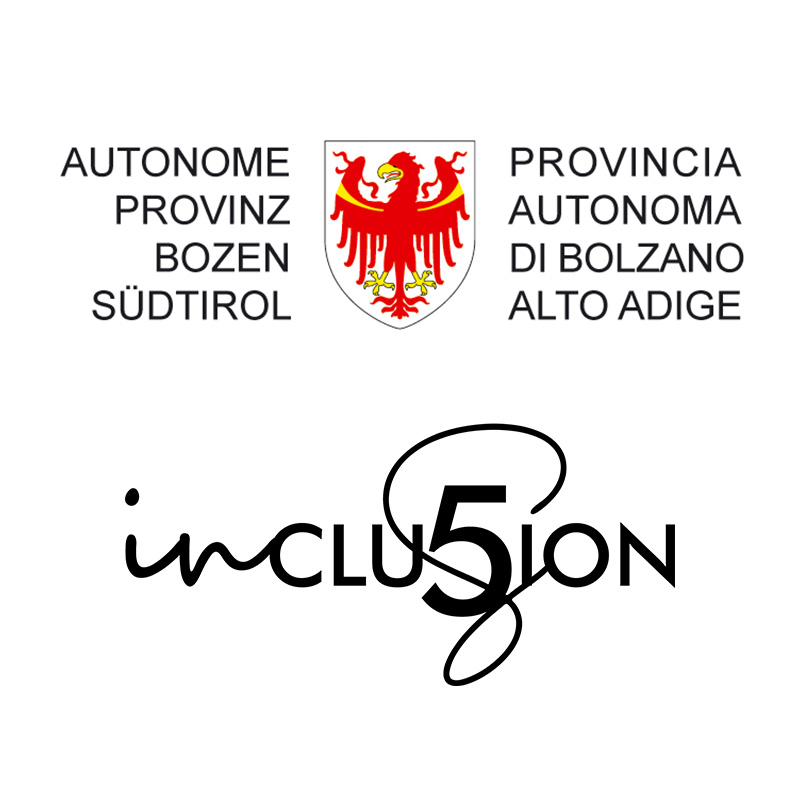
Despite the strong societal efforts for the reduction of human physical, mental, intellectual, or sensory impairments, people with disabilities continue to deal with daily discrimination and limited accessibility in physical and virtual environments.
These injustices prevent their full participation in society. In that regard, new methodologies for disability inclusiveness can be very effective, especially from the occupational point of view. Emerging and enabling technologies can provide enormous benefits and support in terms of inclusivity and equality in industrial contexts.
Industry 5.0 added sustainable concepts to the industrial revolution. It introduces a new paradigm of production: Human-centricity and resilience are promoted over efficiency and productivity. This allows the customization of the jobs according to the worker’s (special) needs and wants.
Manufacturing systems can be therefore adapted to suit the needs and diversity of people by implementing an inclusive approach and opening new opportunities for both people with disabilities and companies.
The proposed project aims at reducing the impairments of people with physical or cognitive disabilities in industrial or artisanal working contexts by assisting them with anthropocentric and emerging Industry 5.0 technologies.
By adopting a sociotechnical perspective, the main goal is to support non-expert technical designers by developing a new design methodology to be used for the creation of “disability-friendly”, human-centered, and technology-supported industrial workplaces. Outcomes will enhance the implementation of even more socially sustainable and disability-inclusive workplaces, where Industry 5.0 technologies are used to assist people by adding even more value to the human.
› In its first six months, the project focused on identification through scientific literature and categorization of emerging technologies across five key fields: robotics, extended reality, physical augmentation systems, reconfigurable devices/workstations, and multimodal HMIs. A second milestone was the design, translation, and dissemination of a multilingual online survey, ethically approved and widely circulated to experts, cooperatives, and companies, which collected valuable insights on the adoption and effectiveness of these technologies. These achievements were complemented by a public workshop organized at NOI Techpark for the dissemination of project aims and content, as well as for recruiting potential companies or social cooperatives for collaboration in the experimental phase. The survey and workshop outcomes and the preliminary definition of use cases and KPIs lay a solid foundation for the next phases of the project and reinforce its sociotechnical perspective.
› In the subsequent, the project focused on the development of a technology-oriented design methodology for assisted and inclusive workplaces. The results emphasized three fundamental requirements of the methodology: accessibility, human-centric design, and performance. These requirements are being addressed through the application of the Axiomatic Design (AD) method, which uses the Customer Needs (CNs) identified through the online survey as the starting point for the design process. According to AD, these CNs are translated into high-level Functional Requirements (FRs), which are then systematically decomposed into corresponding Design Parameters (DPs) through a structured mapping process. This decomposition not only clarifies the relationships between FRs and DPs but also enables the identification of guidelines at successive levels of detail, ensuring that inclusiveness is embedded in every stage of the design. Relevant KPIs highlighted in the AD are related to Accessibility and Usability of the proposed IR5.0 technology (cobot and AR), Wellbeing through a Human-Centered Approach and Performance in terms of Productivity and level of Autonomy of Workers with disabilities to accomplish the tasks with the proposed technology. The approach provides a clear and practical framework for guiding non-expert designers in the creation of disability-friendly, human-centered, and performance-oriented industrial workplaces.
› At present, the project is moving toward the technical implementation of the selected assistive technologies with the goal of realizing an inclusive workstation. In parallel, collaborations with industries and social cooperatives are being established to define a real use case, which will serve as the testing ground for the technologies developed and integrated within the project framework.
Project details
Project name: Inclu5ion [CUP: F53C23000850003]
Funding programme: Research Südtirol/Alto Adige
Budget: € 392.987,35 (total), € 210.658,68 (Fraunhofer Italia)
Project partners: Fraunhofer Italia (Lead partner - Prof. Dominik Matt, Principal Investigator , M.Sc. Isabella Soraruf, Project Manager , M.Sc. Leonardo Venturoso, Team member, Ph.D. Marco Todescato, Team member), Libera Università di Bolzano (Prof. Erwin Rauch, Principal Investigator , Ph.D. Luca Gualtieri, Project Manager, Prof. Patrick Dallasega, Team member, Ph.D. Carlo Caizzo, Team member)
Duration: 01.06.24 – ongoing